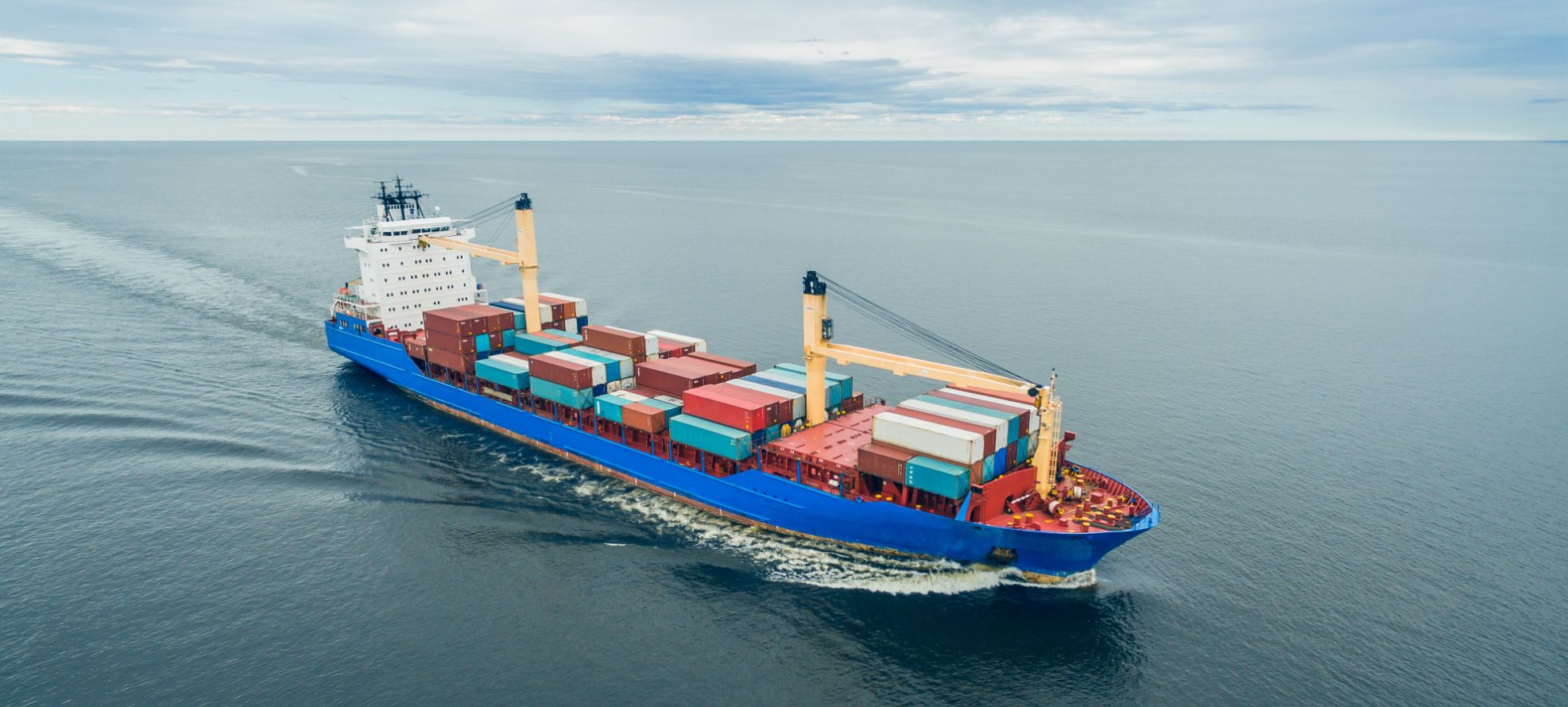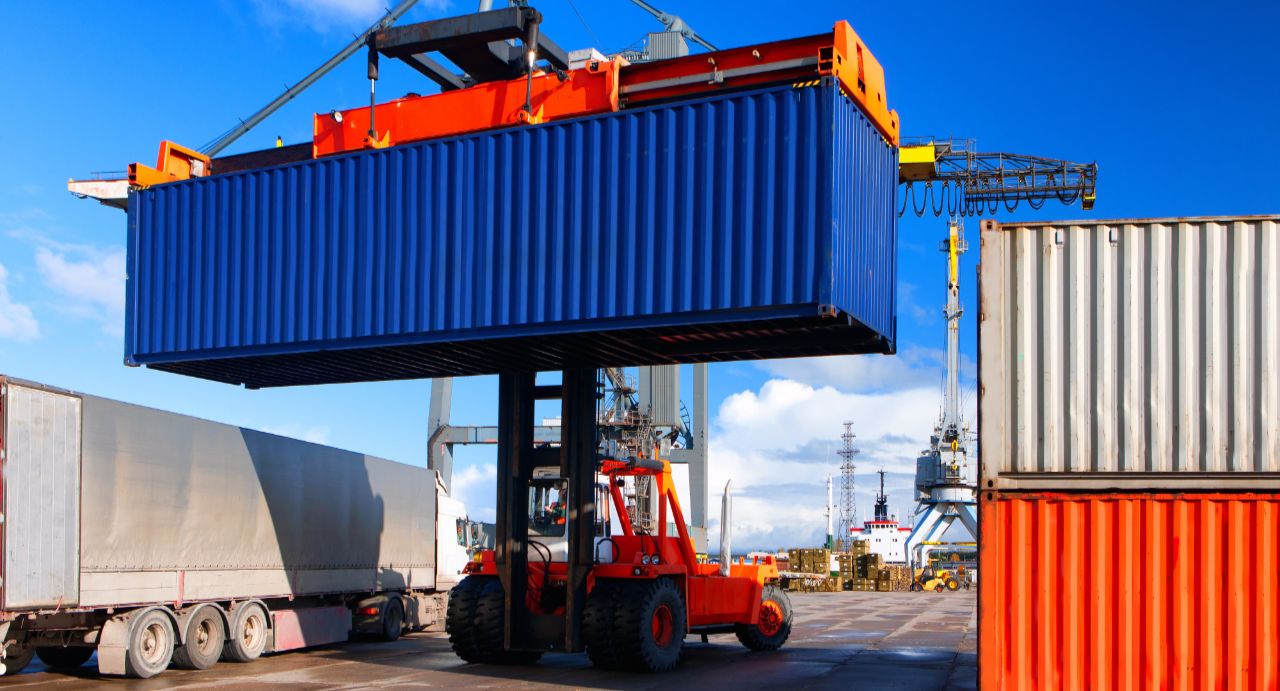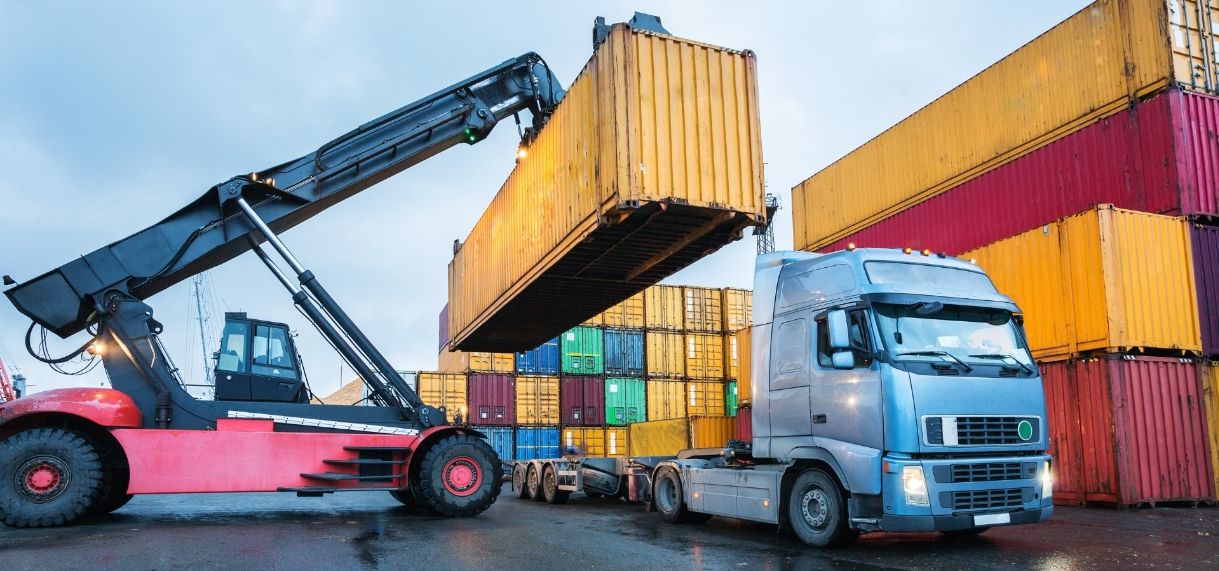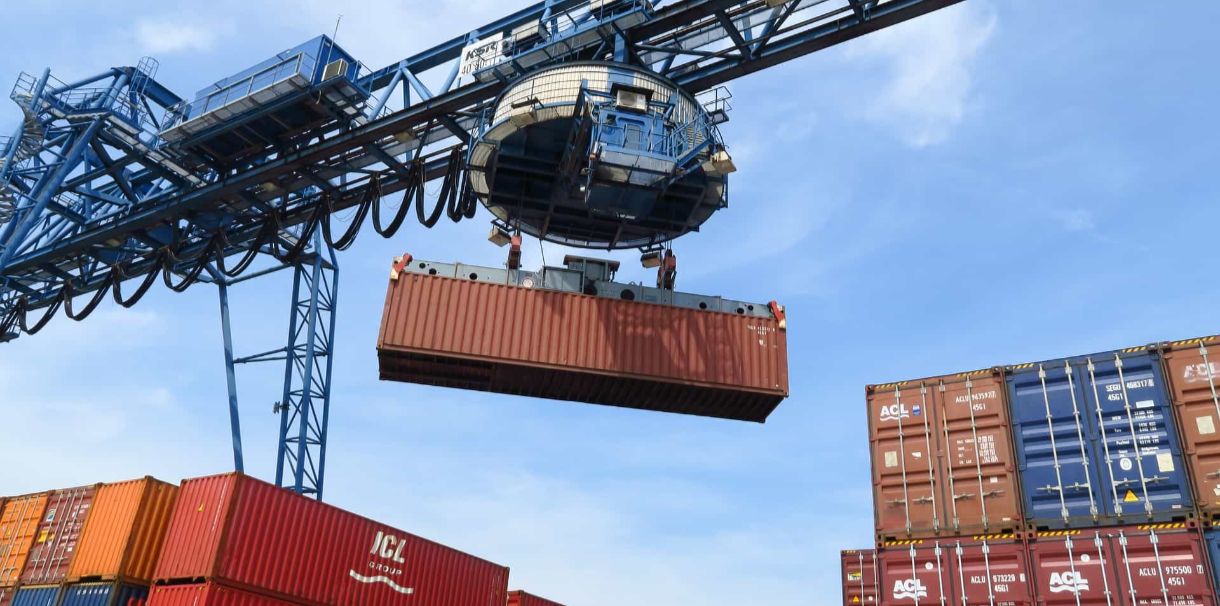Shipping containers overseas
Exploring the Depths of Overseas Shipping Containers: A Comprehensive Guide

Shipping containers overseas represent far more than mere metal boxes; they are the lifeblood of global commerce, connecting businesses, economies, and societies around the world. By understanding their history, design, functionality, and significance, we gain insight into the intricate workings of the modern supply chain and the vital role that shipping containers play in shaping the world we live in.
In the expansive world of global trade and logistics, few innovations have had as profound an impact as shipping containers. These metal giants serve as the backbone of international commerce, facilitating the movement of goods across oceans and continents with unparalleled efficiency and reliability. In this comprehensive guide, we delve deep into the intricacies of overseas shipping containers, exploring their history, design, functionality, and significance in today’s interconnected world.
Origins and Evolution
The concept of standardized shipping containers can be traced back to the late 19th century, but it wasn’t until the mid-20th century that the modern shipping container revolutionized the logistics industry. Spearheaded by visionary entrepreneur Malcolm McLean, the introduction of standardized containers transformed the way goods were transported, loaded, and unloaded, ushering in a new era of global trade.
Design and Specifications
Shipping containers are typically made of steel and come in standard sizes, the most common being 20 feet and 40 feet in length. These containers are designed to withstand the rigors of maritime transport, with reinforced corners, double doors, and sturdy construction to protect cargo from the elements and ensure security during transit.
Functionality and Versatility
One of the defining features of shipping containers is their versatility. These modular units can be used to transport a wide range of goods, from consumer electronics to industrial machinery, perishable goods to hazardous materials. With their standardized dimensions, containers are easily stackable and compatible with various modes of transportation, including ships, trains, and trucks, making them the preferred choice for businesses seeking efficient and cost-effective shipping solutions.

Logistics and Supply Chain Integration
In today’s interconnected world, shipping containers play a crucial role in the global supply chain, facilitating the movement of goods from manufacturers to consumers across vast distances. Through strategic planning, advanced tracking systems, and seamless coordination between stakeholders, shipping containers enable businesses to optimize their logistics operations, reduce transit times, and meet customer demands for timely delivery.
Environmental Impact and Sustainability
While shipping containers have revolutionized global trade, they also raise important environmental concerns. The maritime shipping industry is a significant contributor to greenhouse gas emissions and pollution, prompting calls for greater sustainability and eco-friendly practices. From exploring alternative fuels to implementing greener technologies, efforts are underway to minimize the environmental footprint of overseas shipping containers and mitigate their impact on the planet.
Future Outlook and Innovation
Looking ahead, the future of overseas shipping containers is filled with promise and innovation. Advances in technology, such as automation, artificial intelligence, and digitalization, are poised to further revolutionize the logistics industry, enhancing efficiency, reducing costs, and improving sustainability. Moreover, as global trade continues to evolve and expand, shipping containers will remain indispensable assets for businesses seeking to navigate the complexities of the international marketplace.
The Crucial Role of Shipping Containers Overseas: Navigating the Global Economy

The importance of shipping containers overseas cannot be overstated. As the backbone of global trade and commerce, these humble metal boxes are instrumental in shaping the modern economy, enabling businesses to reach new markets, consumers to access a wider range of goods, and nations to prosper and thrive. As we navigate an increasingly interconnected world, the role of shipping containers will only continue to grow in significance, driving economic growth, fostering innovation, and building bridges between nations and peoples across the globe.
Global Connectivity
Shipping containers are the arteries of globalization, facilitating the seamless flow of goods across borders and continents. In an interconnected world where supply chains span the globe, these containers serve as the linchpin that connects producers with consumers, manufacturers with retailers, and economies with markets. Without shipping containers, the complex web of international trade would grind to a halt, impeding the movement of goods and stifling economic growth.
Efficiency and Cost-Effectiveness
One of the primary reasons why shipping containers overseas are indispensable is their unparalleled efficiency and cost-effectiveness. By standardizing dimensions and streamlining handling processes, containers enable goods to be loaded, transported, and unloaded with remarkable speed and efficiency. This efficiency not only reduces transit times but also lowers shipping costs, making it economically viable for businesses of all sizes to participate in global trade.
Scalability and Flexibility
Shipping containers offer unmatched scalability and flexibility, allowing businesses to adapt to changing market demands and fluctuating supply chain dynamics. Whether shipping a small batch of goods or a massive cargo load, containers come in various sizes and configurations to accommodate diverse cargo requirements. This scalability enables businesses to scale their operations up or down as needed, without being constrained by the limitations of traditional shipping methods.
Security and Reliability
In an era marked by geopolitical uncertainties and logistical challenges, shipping containers provide a secure and reliable means of transporting goods across vast distances. Constructed from durable steel and equipped with advanced locking mechanisms, containers offer unparalleled protection against theft, tampering, and environmental hazards. This security not only safeguards valuable cargo but also instills confidence in businesses and consumers alike, ensuring that shipments arrive safely and on schedule.
Environmental Sustainability
Despite their industrial footprint, shipping containers play a crucial role in promoting environmental sustainability by optimizing transportation efficiencies and reducing carbon emissions. By consolidating large volumes of goods into a single container, shipping minimizes the need for multiple trips and reduces the overall carbon footprint of transportation. Furthermore, ongoing efforts to develop greener technologies, such as alternative fuels and energy-efficient vessels, are driving the industry towards a more sustainable future.
Catalyst for Economic Growth
Perhaps most importantly, shipping containers overseas are a catalyst for economic growth and prosperity, driving trade, investment, and development around the world. By connecting producers with consumers, suppliers with markets, and entrepreneurs with opportunities, shipping containers facilitate the exchange of goods and services that fuels economic activity and fosters prosperity. From emerging markets seeking to integrate into the global economy to established economies looking to expand their reach, shipping containers are instrumental in driving growth and unlocking the full potential of nations.
Securing Your Cargo: Best Practices for Shipping Container Safety

Ensuring the safety and security of cargo during transit is paramount for businesses engaged in overseas shipping.
From selecting the appropriate container type to implementing robust security measures, we provide practical advice to safeguard your goods against theft, damage, and loss. We also cover topics such as container sealing, tracking systems, and insurance options to help businesses mitigate risks and protect their valuable assets throughout the shipping process.
By following these best practices for shipping container safety, businesses can minimize the likelihood of disruptions, delays, and financial losses, ensuring a smooth and secure journey for their cargo from origin to destination.
Expanding Your Business with Overseas Shipping Containers
Expanding into international markets offers exciting opportunities for business growth and diversification.
From accessing new customer demographics to diversifying revenue streams and reducing dependence on domestic markets, we discuss how overseas shipping containers can be a strategic enabler for businesses looking to expand their reach and capitalize on international opportunities. We also provide practical tips for market research, logistics planning, and partnership development to help businesses navigate the complexities of entering new markets.
By embracing overseas shipping containers as a gateway to global expansion, businesses can unlock new growth opportunities, increase competitiveness, and position themselves for long-term success in the dynamic world of international trade.
Related Posts
